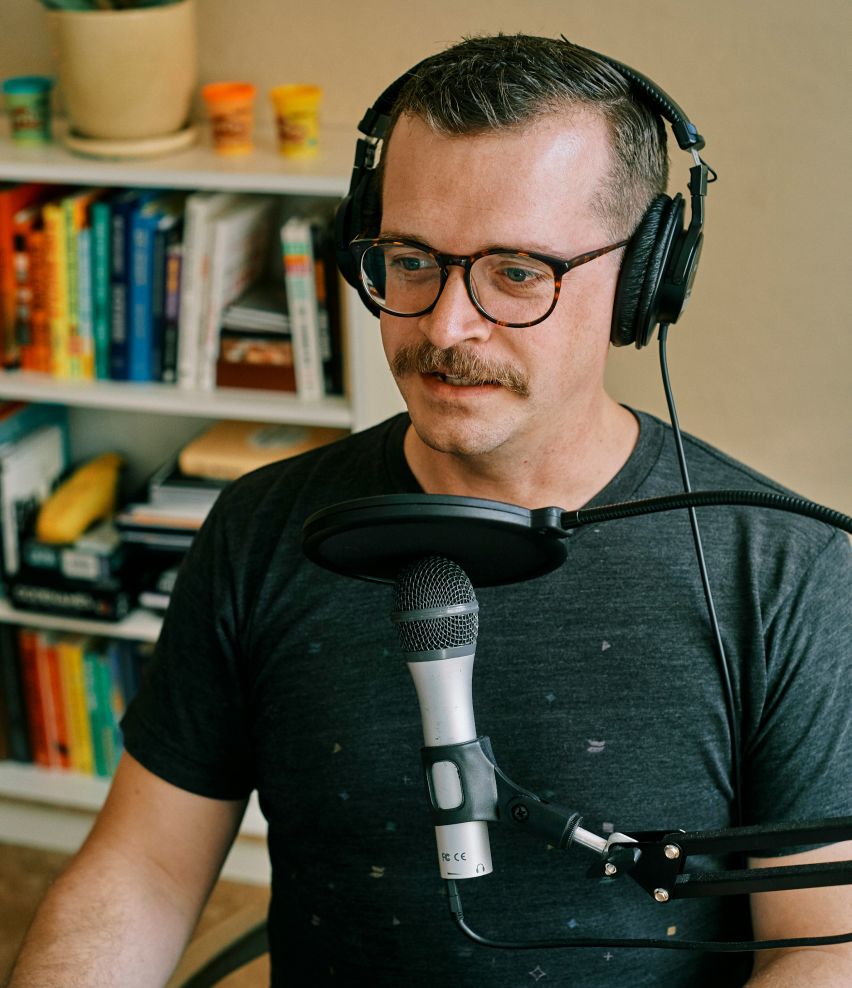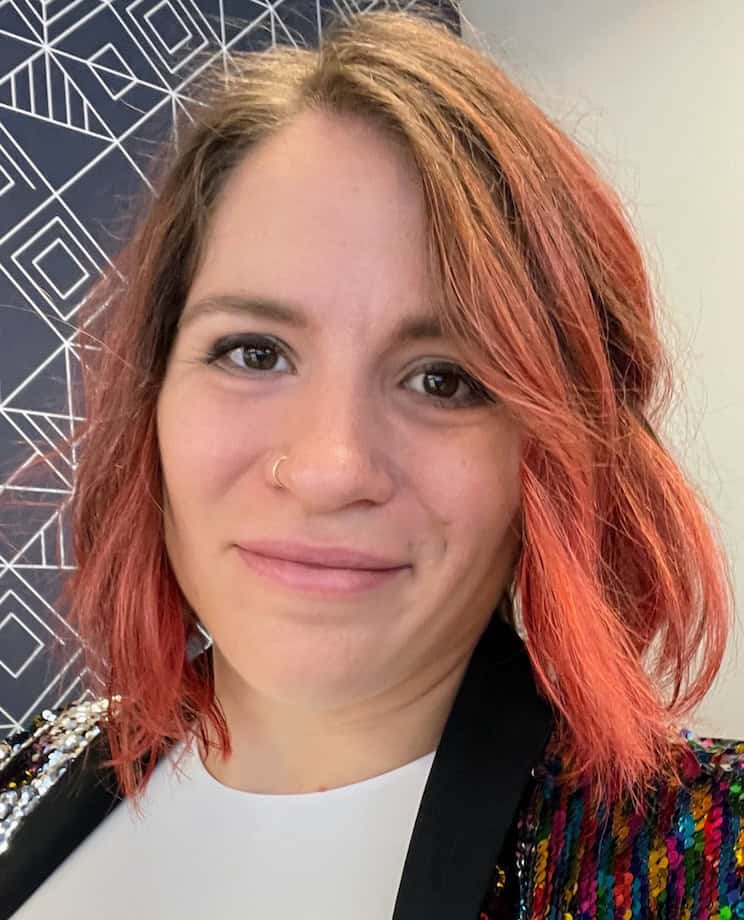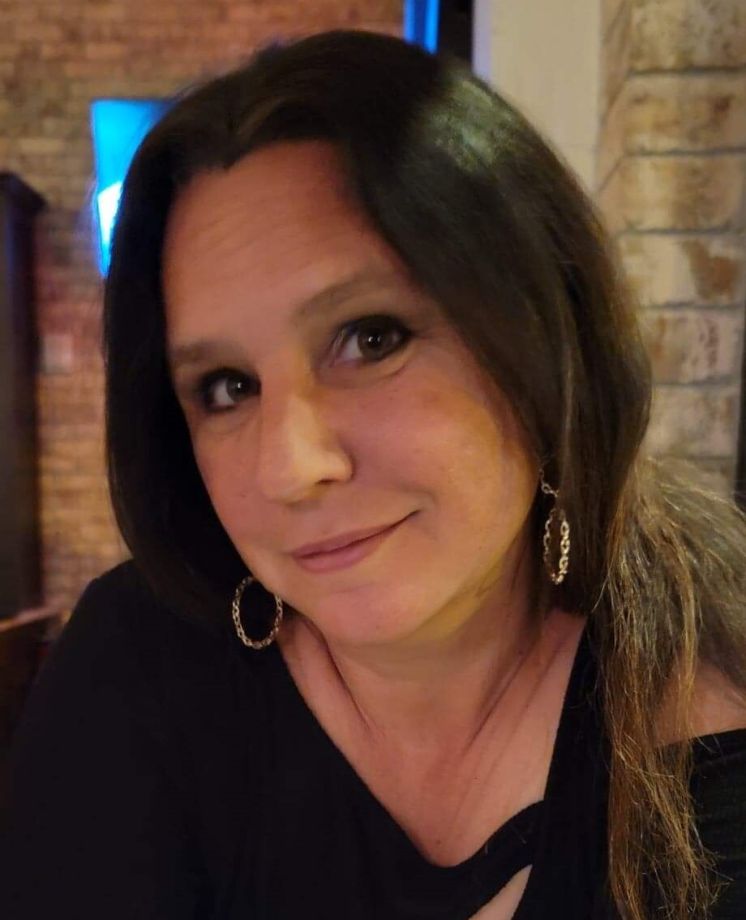CAN at a Glance

What We Do
Welcome to the Creator Accountability Network, a nonprofit dedicated to providing a restorative justice approach to ethical credentialing, reporting, investigation, and mediation for content creators and their communities.
The benefits of our approach
CAN’s restorative justice approach to accountability and conflict resolution benefits creators and their communities in the following ways:
Provides a clear set of community supported ethical standards and a system of accountability.
Protects creators from unsubstantiated accusations or trials in the court of public opinion.
By making communities safer and more welcoming, it is easier to engage prospective members who share the community’s values.
Collectively adopting a set of standards exerts peer pressure on those who might otherwise lack sufficient motivation to meet those standards.
Provides resources for networking with other creators and organizations who share a common commitment to ethical behavior.
Provides a safe and constructive process to address unethical behavior in ways that promote honesty, self reflection, education, and the repairing of harm.
What is Restorative Justice?
The Creator Accountability Network uses the principles of restorative justice, which means we use inclusive and collaborative approaches to prevent and repair harms to individuals and communities through education and open communication. Restorative justice is distinct from the more traditional model of retributive justice, because it prioritizes meeting the needs of all involved rather than seeking to adjudicate who deserves compensation or punishment. Adopting a needs based approach to care and equity shapes every step of our process, with the hope of encouraging buy-in from both community members and content creators, thereby decreasing the likelihood of harmful behaviors and increasing the likelihood that behaviors will be reported and addressed early on. Our investigation and mediation processes will be more likely to lead to outcomes that meet everyone’s needs, preserve our communities without compromising on our values, and help transgressors to address the harms caused by their behavior and not face expulsion from their communities. This approach emphasizes progressive solutions like proactive and reactive education, recognizing the impact of harmful behaviors, apologies coupled with changes to behavior, and where necessary the removal of credentialing.
Restorative justice understandably evokes in many a fear that the process will go easy on perpetrators of harm, especially if the perpetrator knows how to say the right things to game the system. We want to briefly address this concern and explain how restorative justice produces the best consequences for everyone while also holding people accountable for the harm they cause. Our hope is that the existence of CAN creates a positive pressure to move behavior in a pro-social, pro-community direction, by allowing for the following outcomes for creators and their communities, all of which are preferable to the status quo.
- A creator joins CAN. They have never harmed someone in a way that would violate our code of conduct, but also were never taught about consent or harassment prevention. By engaging with our credentialing process they learn how to avoid potentially harmful situations and behaviors, especially ones that are more likely to arise in their role as content creators.
- A creator joins CAN. They harmed someone in their past who declines to make a report. Joining CAN will incentivize and enable them to change their behavior, thereby reducing the risk of further harms.
- A creator joins CAN. They have harmed someone in a way that would violate our code of conduct who makes a report, initiating our restorative process. Either the creator honors their agreement to engage in our process, leading to one of our restorative outcomes, or they refuse to engage in our process, resulting in loss of credentialing and potentially the release of a public report.
- A creator does not join CAN. This may or may not impact how others perceive them, depending on their reasons. Our organization makes no inferences based on an individual’s decision regarding CAN credentialing. We also believe they are better off with our organization in existence as an option if they decide to become accredited.
Doing nothing will mean that bad behavior continues to proliferate. Victims will fear coming forward because of reprisal, legal or otherwise. Lots of effort will be wasted trying and bring the behavior to light, which can be psychologically and financially taxing. Pushing for more retributive justice will reinforce fear of punishment leading to blanket denials, victim blaming, and the endless taking of sides. Our hope is that a restorative approach can fundamentally change these dynamics, as it has in cases like Apartheid Truth and Reconciliation commissions and New Zealand’s youth justice system. No system is perfect, but we believe this one is significantly more progressive than the alternatives.
For credentialed creators, we will
-
Provide a statement of values and code of conduct that creators will agree to uphold and promote.
-
Provide training to ensure that creators fully understand our standards and processes and can ask questions or raise concerns.
-
Investigate reports of ethics violations using restorative justice practices that involve engagement with both accuser and accused.
-
Address violations through mediation using a restorative justice approach that prioritizes meeting the needs of all involved through education and harm reduction.
-
Withdraw credentialing from creators who refuse to engage in our restorative process, persistently violate our code of ethics after engaging in the restorative process, or appear to have committed sufficiently harmful acts that we cannot continue to endorse them.

For community members wishing to make a report, we will

-
Provide a secure reporting system and database through our website where anyone can report potential violations of our code of conduct.
-
Provide certified victim advocates to help community members understand the process and potential outcomes of reporting a violation so that they can make informed decisions that are in their own best interest.
-
Provide the option for individuals to anonymize their reports.
-
Connect victims to services in their area.
-
Provide a hotline that is staffed by victim advocates during CAN credentialed live events.
Sign Up For Our Newsletter!











